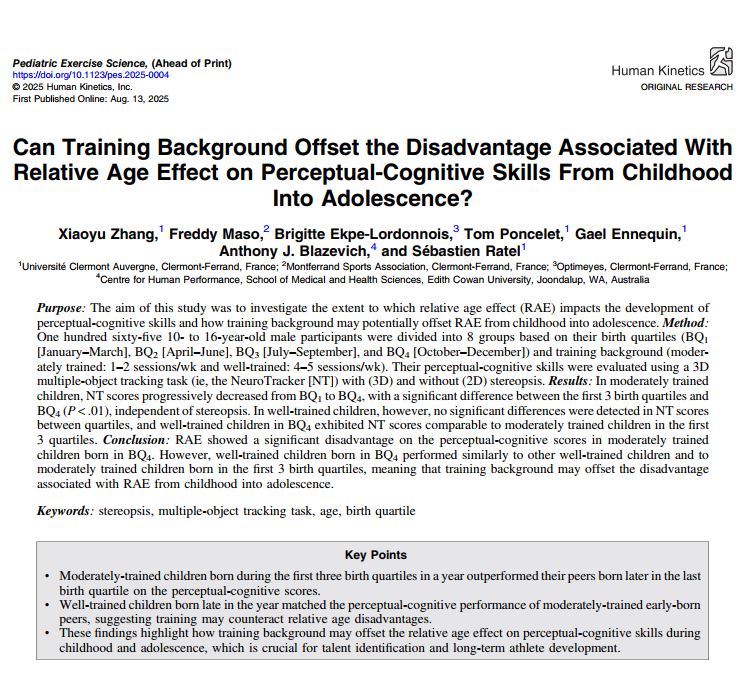Welcome to the Research and Strategy Services at in today's fast-paced.


"The team that is the most focused and executes the best is the team that wins. That’s usually the team that can handle the pressure of the situation." - Michael Strahan
There is no bigger stage in the sporting world than the Super Bowl. Elite players are under an immense amount of pressure to perform in front of their families, fans, and with the world watching. The likes of Aaron Rodgers, Peyton Manning and Tom Brady, considered to be some of the best quarterbacks to play the game, have made history both in victory and in defeat.
On December 3rd, 2015, with no time left on the clock, Aaron Rodgers's Hail Mary pass found Richard Rodgers, sending the Packers home as winners in what would have been a devastating loss to the Detroit Lions. A few weeks later, with less than a minute remaining on the clock, Rodgers completed two consecutive Hail Mary passes to allow the Packers to tie the game and send it to overtime. The Packers eventually lost in OT. Both Rodgers and Brady have gone on to win Super Bowl championships and cement their legacy as franchise quarterbacks for their teams. Certainly, many factors could explain why the Patriots or the Packers were not successful in reaching the Super Bowl this year, but despite these losses, the resilience of players of such calibre and their ability to deliver clutch performance in pressure situations season after season is what makes them unique.
Recent evidence suggests that one predictive factor for sports performance levels for elite athletes is their perceptual-cognitive abilities (See research HERE). It helps determine the ability of the athlete to conceptualize the situations on a high-level, which can be a crucial skill for a quarterback. Indeed, more evidence has since been discovered that professional athletes perform better at perceptual-cognitive tasks than amateur athletes and non-athlete university students (Read study HERE). The finding can be of great interest because it could open the door for the ability to accurately predict an athlete's potential in the future. We can then hypothesize based on these findings that elite players like Aaron Rodgers, Tom Brady and Peyton Manning would also have high levels of perceptual-cognitive abilities.
Another factor is the ability to perform under pressure. Pressure can be defined as a significant increase in the cognitive load faced by an athlete. Before and during the Super Bowl, the athlete has to be wary of all the societal pressures such as family requests, in addition to the professional pressures of performing well to win the game. Multiple object tracking is a method of training that can challenge the athlete's ability to multi-task similarly to what they face in their daily life before the game.








Welcome to the Research and Strategy Services at in today's fast-paced.

Standardized testing environments combine predefined formats and time limits that narrow how knowledge can be expressed. This interpretive guide help to distinguish structural constraint from reduced cognitive capacity.

Divided attention demands can alter performance through multiple processing streams rather than reducing cognitive capacity. This article interprets how to distinguish structural allocation from diminished ability under environmental constraint.

Reduced action range can alter performance by narrowing what can be physically or perceptually executed rather than diminishing cognitive ability. This article interprets how to distinguishing structural boundaries from capacity limitation.
.png)